Andre Previn - Kiss Me Goodbye (2017) [Hi-Res]
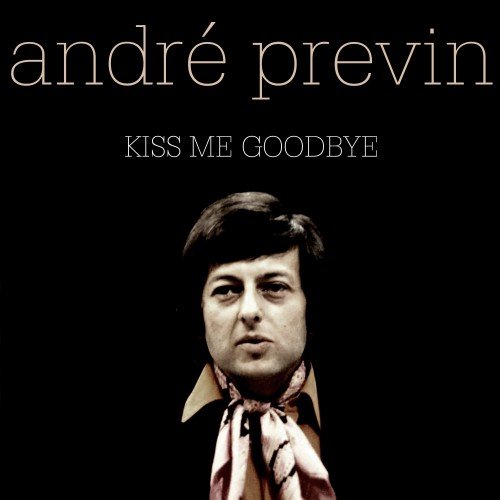
Artist: Andre Previn
Title: Kiss Me Goodbye
Year Of Release: 2017
Label: CTS Digital
Genre: Jazz
Quality: FLAC (tracks) [44.1kHz/24bit]
Total Time: 01:12:35
Total Size: 402 MB
WebSite: Album Preview
Tracklist:Title: Kiss Me Goodbye
Year Of Release: 2017
Label: CTS Digital
Genre: Jazz
Quality: FLAC (tracks) [44.1kHz/24bit]
Total Time: 01:12:35
Total Size: 402 MB
WebSite: Album Preview
01. I'm On My Way (2:49)
02. End Title (1:35)
03. Elmer And Lulu (1:25)
04. Stand Up For Jesus (1:17)
05. Kiss Me Goodbye (4:06)
06. Shall We Gather At The River (1:43)
07. Under The Pier (3:16)
08. Not As My Lover (1:11)
09. Do You Believe (1:57)
10. Lulu's Room (2:51)
11. Mr. Babbitt (2:16)
12. Long Distance (1:38)
13. Main Title (1:46)
14. Three's Company (5:37)
15. No Words For Dory (3:29)
16. I'm Mina Mood (8:26)
17. Tricycle (6:05)
18. Saturday (6:30)
19. Sad Eyes (5:36)
20. If I Should Find You (4:29)
21. Rosie Red (4:43)
Successful as pianist, composer, and especially as conductor, André Previn has frequently bridged the gap between popular and so-called "serious" music, and in doing so broadened the horizons of both.
His father was an accomplished pianist (though a lawyer by profession) and determined that his son would follow in his musical footsteps. The talented young André received instruction on the piano at the Berlin Hochschule, and also absorbed music in a less formal environment during the many private recitals given in the Previn home. In the mid-1930s the Jewish family fled to France where André continued as a scholarship student at the Paris Conservatoire. In 1939, the Previn family relocated to southern California.
Life was difficult for the family (all their possessions had been left behind in Europe, and Previn's father was qualified only in German law), and though barely ten years old, André supplemented the family income by accompanying films at movie houses and playing in jazz clubs. At 14 he started working at MGM (Charles Previn, André's great uncle, was head of music at Universal Studios), orchestrating and arranging film music, and slowly saved enough money to study composition with Castelnuovo-Tedesco. At 18 André was asked to compose his own full-length film score (The Sun Comes Up, 1949), which resulted in his first experience on the podium in front of a real orchestra -- Previn quickly realized that his future lay in conducting, though he understood the gulf between film music and serious conducting to be a wide one indeed.
Previn, who had taken U.S. citizenship in 1943, serving in San Francisco during the Korean War, where he had the opportunity to study conducting with Pierre Monteux. Following discharge from the army, Previn left MGM, but continued to compose, conduct, and arrange film music throughout the 1950s. He also recorded and released a series of best-selling jazz albums (something he would continue to do sporadically throughout the decades).
In 1963, having won four Academy Awards in as many years, Previn found the courage to abandon Hollywood and pursue his dream of becoming a respected conductor. His professional debut occurred that same year with the Saint Louis Symphony Orchestra, and he spent the next several years traveling around the country conducting various little-known orchestras in an effort to gain exposure and develop his own skill on the podium. His first big break occurred in 1967 when he was asked to succeed Sir John Barbirolli as music director of the Houston Symphony. When offered the job of principal conductor for the London Symphony Orchestra in 1968, Previn left Houston. During his 11 years with the orchestra (1969-1979) a series of BBC television productions -- entitled André Previn's Music Hour -- made the LSO (and Previn) a household name around the world. Other conducting appointments have included the Pittsburgh Symphony, from 1977 to 1985; the Royal Philharmonic Orchestra in the 1985 and 1986 seasons; and, from 1987 on, the Los Angeles Philharmonic Orchestra. In 1993 he was named conductor laureate of the London Symphony Orchestra, and he continues to make frequent appearances around the globe as a guest conductor.
Previn readily admits that he is not driven to compose, but only does so on occasion, and then only on specific request. Nevertheless he has composed a generous quantity of concert music, including a piano concerto for Vladimir Ashkenazy and cello sonata at the request of Yo-Yo Ma. His musical play, Every Good Boy Deserves Favour, was produced in London in 1978. The year 1998 saw the release of his full-length opera, A Streetcar Named Desire at the San Francisco Opera. In 2009, Houston Grand Opera presented his Brief Encounter, based on the film of the same name and the Noël Coward play, Still Life. -- Blair Johnston
His father was an accomplished pianist (though a lawyer by profession) and determined that his son would follow in his musical footsteps. The talented young André received instruction on the piano at the Berlin Hochschule, and also absorbed music in a less formal environment during the many private recitals given in the Previn home. In the mid-1930s the Jewish family fled to France where André continued as a scholarship student at the Paris Conservatoire. In 1939, the Previn family relocated to southern California.
Life was difficult for the family (all their possessions had been left behind in Europe, and Previn's father was qualified only in German law), and though barely ten years old, André supplemented the family income by accompanying films at movie houses and playing in jazz clubs. At 14 he started working at MGM (Charles Previn, André's great uncle, was head of music at Universal Studios), orchestrating and arranging film music, and slowly saved enough money to study composition with Castelnuovo-Tedesco. At 18 André was asked to compose his own full-length film score (The Sun Comes Up, 1949), which resulted in his first experience on the podium in front of a real orchestra -- Previn quickly realized that his future lay in conducting, though he understood the gulf between film music and serious conducting to be a wide one indeed.
Previn, who had taken U.S. citizenship in 1943, serving in San Francisco during the Korean War, where he had the opportunity to study conducting with Pierre Monteux. Following discharge from the army, Previn left MGM, but continued to compose, conduct, and arrange film music throughout the 1950s. He also recorded and released a series of best-selling jazz albums (something he would continue to do sporadically throughout the decades).
In 1963, having won four Academy Awards in as many years, Previn found the courage to abandon Hollywood and pursue his dream of becoming a respected conductor. His professional debut occurred that same year with the Saint Louis Symphony Orchestra, and he spent the next several years traveling around the country conducting various little-known orchestras in an effort to gain exposure and develop his own skill on the podium. His first big break occurred in 1967 when he was asked to succeed Sir John Barbirolli as music director of the Houston Symphony. When offered the job of principal conductor for the London Symphony Orchestra in 1968, Previn left Houston. During his 11 years with the orchestra (1969-1979) a series of BBC television productions -- entitled André Previn's Music Hour -- made the LSO (and Previn) a household name around the world. Other conducting appointments have included the Pittsburgh Symphony, from 1977 to 1985; the Royal Philharmonic Orchestra in the 1985 and 1986 seasons; and, from 1987 on, the Los Angeles Philharmonic Orchestra. In 1993 he was named conductor laureate of the London Symphony Orchestra, and he continues to make frequent appearances around the globe as a guest conductor.
Previn readily admits that he is not driven to compose, but only does so on occasion, and then only on specific request. Nevertheless he has composed a generous quantity of concert music, including a piano concerto for Vladimir Ashkenazy and cello sonata at the request of Yo-Yo Ma. His musical play, Every Good Boy Deserves Favour, was produced in London in 1978. The year 1998 saw the release of his full-length opera, A Streetcar Named Desire at the San Francisco Opera. In 2009, Houston Grand Opera presented his Brief Encounter, based on the film of the same name and the Noël Coward play, Still Life. -- Blair Johnston
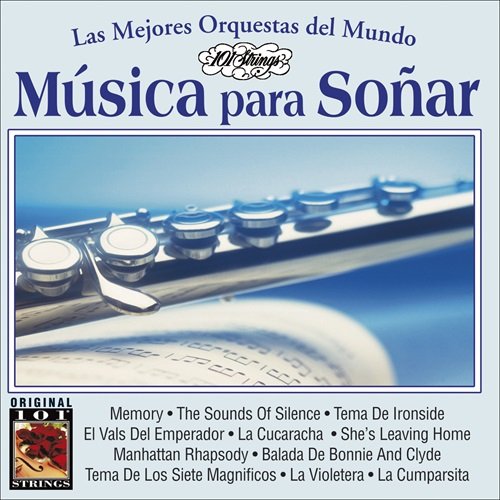
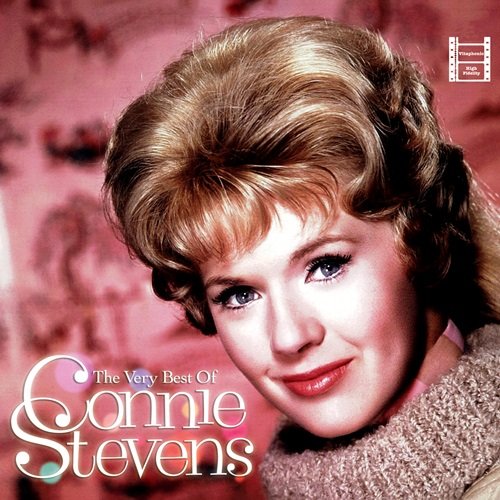
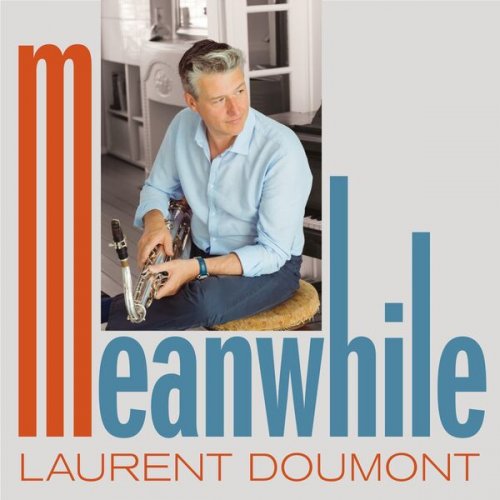

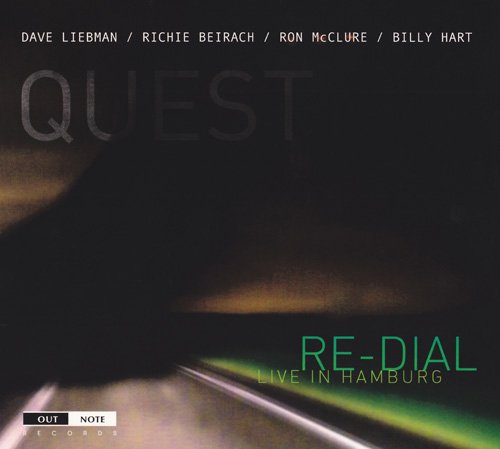
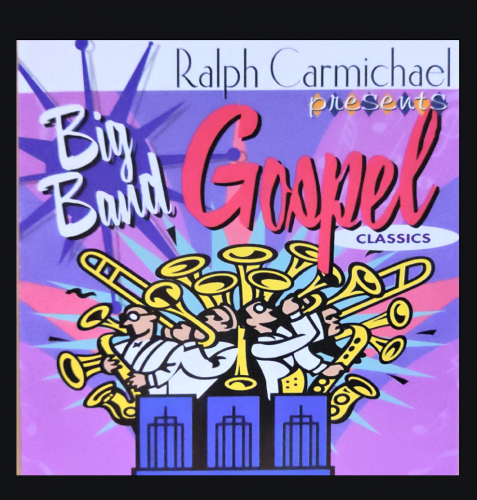
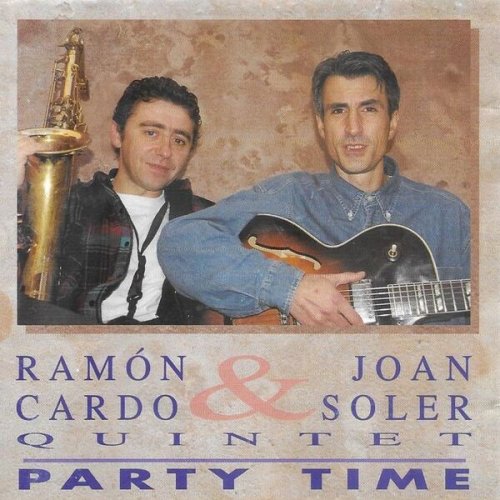
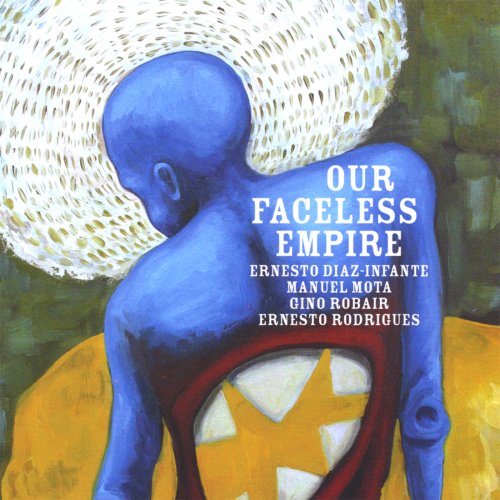
![VA - 20 Years Into An Infinite Musical Journey (2025) [SACD] VA - 20 Years Into An Infinite Musical Journey (2025) [SACD]](https://www.dibpic.com/uploads/posts/2026-02/1771834929_ff.jpg)